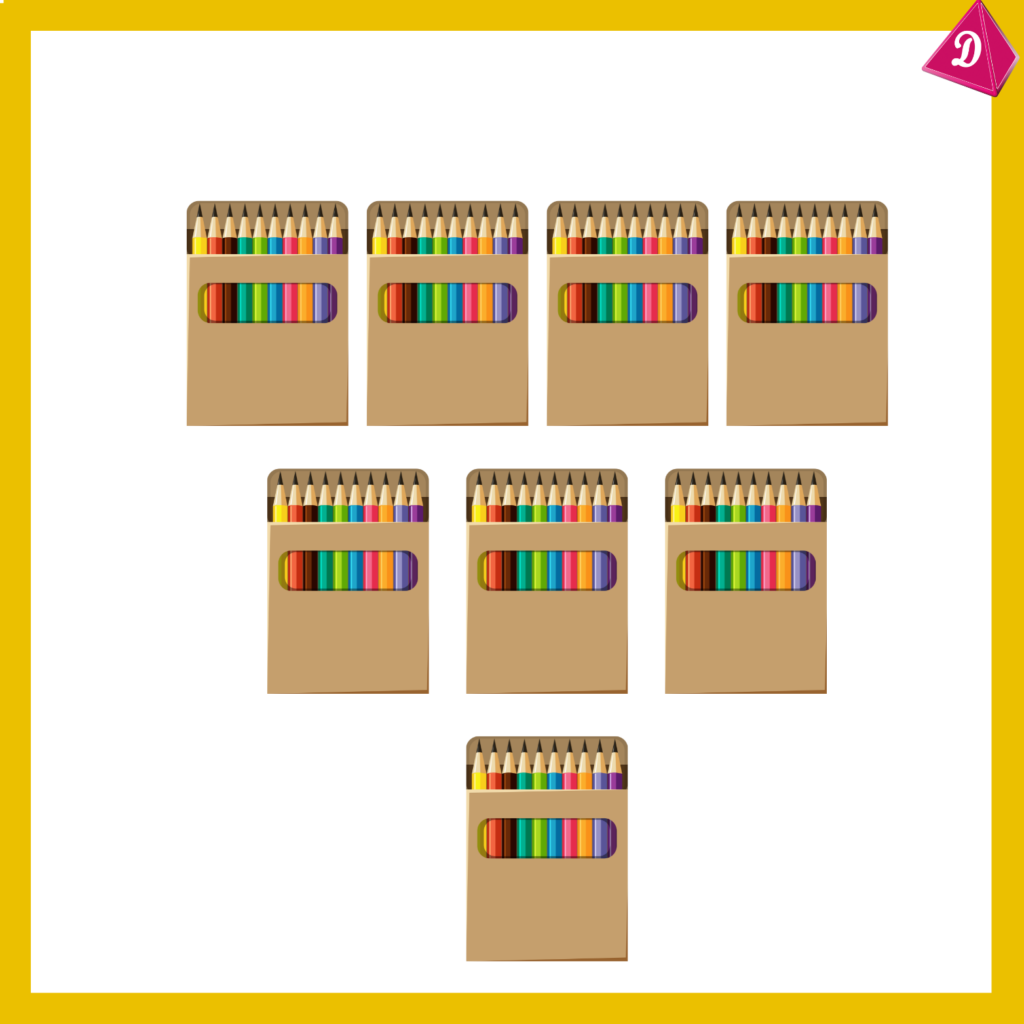Multiply numbers ending in zeroes: word problems
Key notes :
| Understand the Context: |
- Read the problem carefully to identify the numbers and the operation required.
- Recognize when numbers in the problem end in zeroes, which can simplify calculations.
| Extract the Important Information: |
- Identify the numbers involved and their significance in the problem.
- Highlight or underline key values, especially those ending in zeroes.
| Simplify the Multiplication Process: |
- Remove Zeroes Temporarily: Multiply the non-zero parts of the numbers first.
- Reintroduce the Zeroes: Add the total number of zeroes from the original numbers to the result.
| Follow These Steps: |
Identify and Count Zeroes:
- Determine how many zeroes each number has.
- Example: In a problem with 400 and 50, count zeroes in both numbers.
Multiply the Non-Zero Parts:
- Focus on the digits before the zeroes.
- Example: Multiply 4 (from 400) by 5 (from 50), resulting in 20.
Reintroduce the Zeroes:
- Combine the number of zeroes from both original numbers.
- Example: 400 has 2 zeroes and 50 has 1 zero, totaling 3 zeroes.
Write the Final Answer:
- Attach the total number of zeroes to the result.
- Example: 20 with 3 zeroes is 20000.
Check Your Work:
- Verify that the final answer makes sense in the context of the problem.
- Recalculate if necessary to ensure accuracy.
| Example Word Problem: |
Problem: A factory produces 600 boxes of toys each day. If each box contains 50 toys, how many toys are produced each day?

| Solution Steps: |
Extract Information:
- Number of boxes: 600
- Number of toys per box: 50
Identify and Count Zeroes:
- 600 has 2 zeroes.
- 50 has 1 zero.
Multiply the Non-Zero Parts:
- Non-zero parts: 6 (from 600) and 5 (from 50).
- Multiply: 6×5=30.
Reintroduce the Zeroes:
- Total zeroes: 2 (from 600) + 1 (from 50) = 3 zeroes.
Write the Final Answer:
- Combine the product with the zeroes: 30 with 3 zeroes = 30000.
Final Answer: The factory produces 30,000 toys each day.
| Example : |
Mary bought 8 packs of pencils. Each pack contains 24 pencils. How many pencils did Mary buy in total?

| Solution: |
Step 1: Understand the Problem:
- Mary bought 8 packs of pencils.
- Each pack contains 24 pencils.
- We need to find out how many pencils Mary bought in total.
Step 2: Plan the Solution:
- We will multiply the number of packs by the number of pencils per pack.
Step 3: Perform the Calculation:
Total number of pencils = Number of packs×Pencils per pack
8×24 =192=192
Step 4: Verify the Solution:
- To verify, we can divide the total number of pencils (192) by the number of packs (8) and see if we get the number of pencils per pack (24).
Step 5: State the Solution:
- Mary bought a total of 192 pencils.
🗼 There are 20 flowers on each quilt.
How many flowers are there on 700 quilts?
There are 20 flowers on each of the 700 quilts. Multiply 20 by 700.
First, multiply 2 and 7.
2 × 7 = 14
Now count the zeroes in both numbers.
20 × 700 = ?
There are 3 zeroes in all. Write 3 zeroes after 14.
20 × 700 = 14,000
There are 14,000 flowers in all on 700 quilts.
🗼 An airline carries 7,000 passengers per day.
How many passengers will the airline carry in 8 days?
The airline carries 7,000 passengers per day for 8 days. Multiply 7,000 by 8.
First, multiply the non-zero parts of the numbers:
7 × 8 = 56
Now add back the zeroes at the end:
56,000
The airline will carry 56,000 passengers in 8 days.
Let’s practice!🖊️

